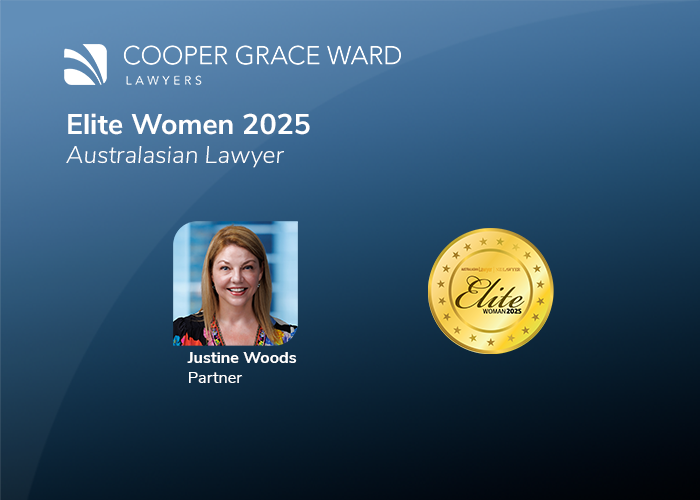Introduction
Historically, for action to be taken against unlawful conduct, the Australian Human Rights Commission had to rely upon the victims of sexual harassment making a complaint. However, due to the recent changes, the Commission now has the power to conduct inquiries into employers’ compliance with their positive duty without a complaint having been made, and to ask employers what reasonable and proportionate steps are being taken to prevent or eliminate sexual harassment.
The Commission has created the Guidelines for Complying with the Positive Duty under the Sexual Discrimination Act. The Guidelines set out seven standards that outline what the Commission expects organisations to do to satisfy their positive duty under the Act. The seven standards consist of:
- leadership
- culture
- knowledge
- risk management
- support
- reporting and response
- monitoring, evaluation and transparency.
Seven standards to satisfy positive duty
The Commission expects all leadership teams within an organisation to be trained on issues relating to harassment, bullying and discrimination. Leadership teams should know how to respond to unlawful conduct complaints, understand their obligations under the Act, and be responsible for developing, communicating, recording and implementing appropriate measures for unlawful conduct.
The standard of culture expected by the Commission is that organisations promote and encourage a culture that is safe, respectful and inclusive. This culture will empower employees to report unlawful conduct, hold people accountable and minimise harm.
The expected knowledge standard for organisations is to develop, communicate and implement policies regarding unlawful and respectful behaviour, and educate workers to engage in respectful, inclusive and safe behaviours.
Organisations are expected to participate in risk management by recognising that unlawful conduct is a health and safety risk, and to take a risk-based approach when preventing and responding to such conduct.
Employers should ensure that appropriate support is available to workers who witness or experience unlawful conduct, as well as informing workers on how to access support, even in instances where unlawful conduct is not reported.
Organisations are expected to have appropriate, consistent and timely reporting and response options to unlawful conduct that minimise the harm to all involved.
Finally, the Commission expects organisations to monitor, evaluate and be transparent about unlawful conduct. Organisations should collect data to better their understanding of the nature and extent of the unlawful conduct occurring within their workplace. The collected data should be used to improve the workplace culture and develop suitable measures to prevent such conduct. Organisations are also expected to be transparent about reported behaviours and actions taken.
Key takeaways for employers
It is important for employers to be following the Commission guidelines and implementing the seven standards within their workplace. Employers need to adopt a proactive stance, rather than being reactive to unlawful conduct, to ensure that they are complying with their positive duty under the Act.
Employers should become familiar with the Commission guidelines to ensure that they are proactive and compliant with their positive duty.
For advice on discrimination, harassment and bullying matters, please contact a member of our workplace relations and safety team.







